
Breaking Barriers: Women in Science and the Fight for Recognition
Breaking Barriers: Women in Science and the Fight for Recognition On this, the International Day of Women and Girls in Science, ESSC’s Christian Massari details his

Breaking Barriers: Women in Science and the Fight for Recognition On this, the International Day of Women and Girls in Science, ESSC’s Christian Massari details his
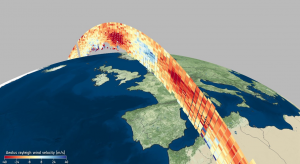
The Importance of Science for the Observation of our Earth Environment by Satellites ESSC Panel Chair Maurice Borgeaud outlines the history of mankind’s observation of
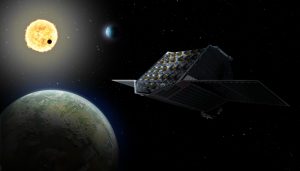
Impact of Space Data: “The Asteroseismic Revolution” ESSC Panel Chair Saskia Hekker outlines how a shift in perspective can often lead to new insights. Much
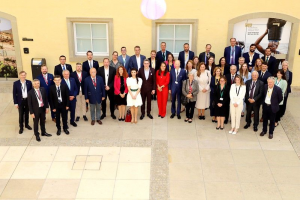
ESSC Chair Delivers Keynote Speech at EISC in Luxembourg September 26, 2024 This week, at the European Interparliamentary Space Conference (EISC) in Luxembourg (22-23 September),

Prof Ravit Helled Awarded the 2024 Paolo Farinella Prize September 10th, 2024 The European Space Sciences Committee (ESSC) is thrilled to congratulate Prof Ravit Helled,
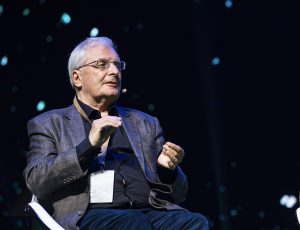
Interview – Prof Chris Rapley on “What Needs to be Done” September 5th, 2024 At the recent STARMUS VII festival in Bratislava, renowned climate scientist
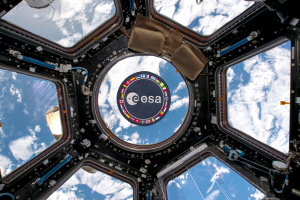
ESA RELEASES THE ESA SCIENCE NEWSLETTER May 22, 2024 The ESA Science Newsletter serves the scientific community and welcomes anyone interested in more programmatic and
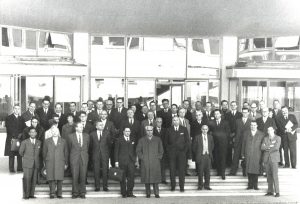
Sir Harrie Massey The First ESSC Chair: Vision and Action Personified By PROF CHRIS RAPLEY April 06, 2022 Many people have contributed to the fifty-year
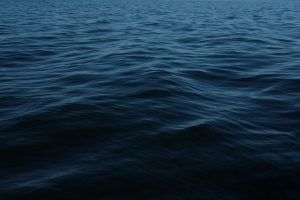
The implosion of the Titan submersible provided a harsh lesson: that the laws of physics are immutable and indifferent to wealth. Similarly ‘global boiling’ will

So the Mexican extra-terrestrials may have turned out to be cake. And the NASA report on UFOs was inconclusive. But we are surely being watched? The
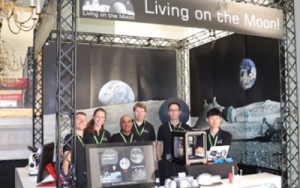
Meet Prof. Mahesh Anand – ESSC Space Science & Exploration Panel Chair and Professor of Planetary Science and Exploration at The Open University, UK.
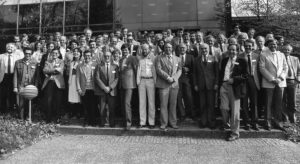
Seventeen years ago today, on January 14, 2005, NASA’s Cassini spacecraft carrying the European Huygens probe descended to Titan’s surface. Cassini-Huygens went on a seven-year journey to the astounding worlds of Saturn and its family of icy moons. But how did the Cassini-Huygens mission come to life? In this blog post, we introduce you to some historical aspects of the mission.
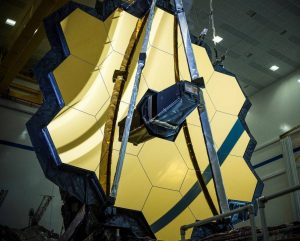
After more than twenty years in the making, the James Webb Space Telescope is finally prepared for launch. Named after a NASA director during the Apollo era in the 1960s, the telescope will add to our knowledge of the early Universe, tell us more about how galaxies form and evolve, and look for signs of life outside our Solar System.
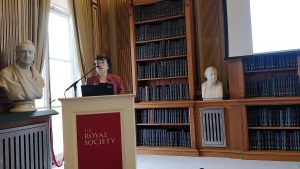
After eight successful years with the ESSC, Dr Dominique Langevin will be stepping down as the ESSC Life and Physical Sciences Panel chair. In this blog, we share stories from her scientific career working with major European organisations and the International Space Station (ISS).
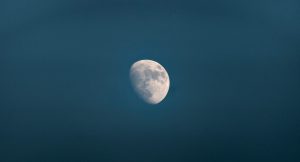
Robert F. Wimmer-Schweingruber, ESSC Solar System and Exploration Panel member, received the International Cooperation Zhongguancun Award 2020 for his research on lunar radiation contribution to the Chinese mission to the Moon, Chang‘E 4.
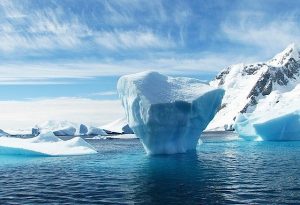
Chris Rapley, ESSC chair and Professor of Climate Science at University College London discusses the future path of Polar Satellite Altimetry and the ESA CryoSat mission.
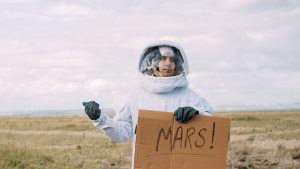
We interviewed Hermann Opgenoorth, Solar System and Exploration Panel Chair at the European Space Science Committee to discuss space weather impacts on Earth and European efforts to protect our ‘Pale Blue Dot’.

On the Publication of the World Meteorological Organisation’s Global Climate 2020 Report Published on 19th Apr 2021.